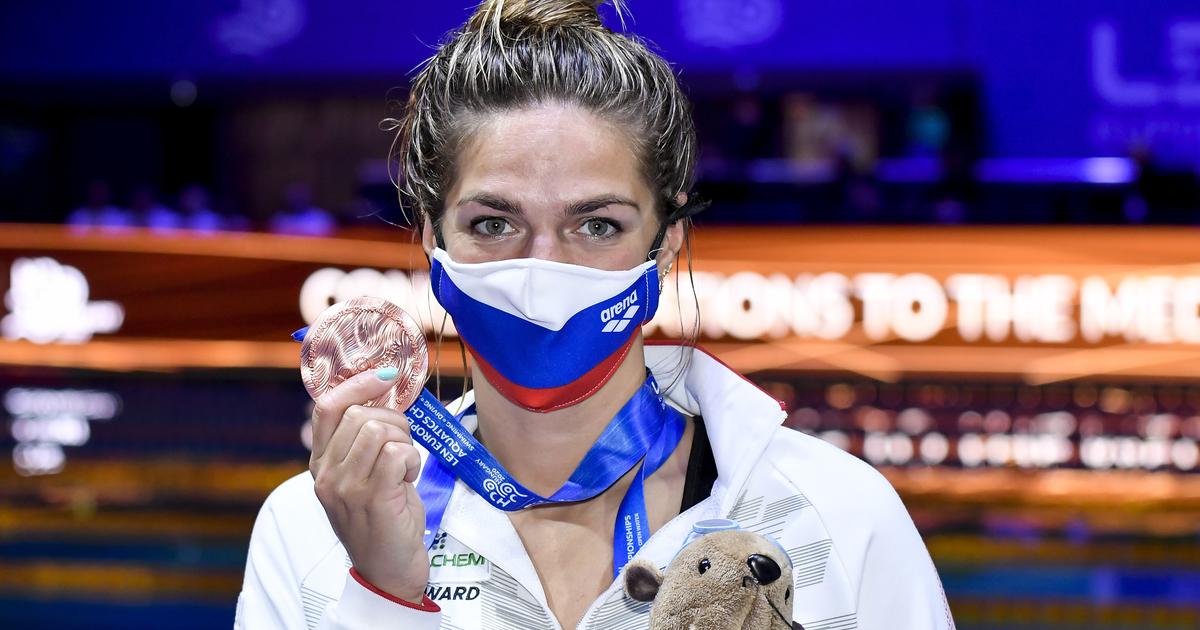Yuliya Efimova Secures Neutral Status but Faces Qualification Hurdles for Paris Olympics
Yuliya Efimova, a six-time world champion and triple Olympic medalist, became the first Russian swimmer granted Neutral Individual Athlete (AIN) status for the Paris Olympics. Despite this achievement, Efimova, aged 32, expressed concerns about her ability to meet the qualification deadlines. The International Olympic Committee (IOC) permits Russian and Belarusian athletes to compete under a neutral banner, provided they do not openly support the Russian offensive launched in Ukraine in February 2022 and are not affiliated with security forces.
Efimova lamented that receiving her neutral status so close to the June 23 deadline for international qualifiers leaves her with limited opportunities to secure her spot. She mentioned her lack of a European visa, barring her from participating in essential qualifying events. President of the Russian Swimming Federation, Vladimir Salnikov, clarified that while athletes can apply for neutral status, the Federation would not impede their attempts.
Ukrainian Opposition to Russian Athletes' Olympic Participation
As the Paris Olympics approach, Ukraine intensified efforts to bar Russian athletes from participating. Ukrainian authorities scrutinize social networks and file complaints to the IOC, challenging athletes' eligibility for neutral status. Notably, three female wrestlers—Dinara Kudaeva, Olga Khoroshavtseva, and Natalya Malysheva—are under scrutiny. The complaints cited a social media post by Kudaeva remembering her father, who died in the Northern Military District, virally impacting Khoroshavtseva and Malysheva due to their engagement with the post.
Further complaints targeted Belarusian wrestler Irina Kurochkina for her association with Viktor Lukashenko, the son of Belarus' President. The IOC has not yet responded to these complaints, leaving the future participation of these athletes uncertain. Russian Wrestling Federation President Mikhail Mamiashvili emphasized the unpredictable nature of the situation, highlighting Ukraine's continuous opposition to Russian and Belarusian participation in international events under a neutral status.
Implications for Russian Athletes Ahead of Paris Olympics
The potential disqualification of the three Russian wrestlers could significantly impact their chances in Paris. Khoroshavtseva, a bronze medalist at the 2019 World Championships and a double European champion, could lose her shot at an Olympic medal. Similarly, Malysheva, with several European and world recognitions, including victories at the European Nations Cup, faces losing her competitive edge. Kudaeva, although less impactful due to her non-Olympic weight category, would still face personal disappointment.
Ukrainians also filed complaints against Russian rowers in May, asserting that allowing Russians to participate in team disciplines contradicts IOC recommendations. Ukrainian functionaries continue closely monitoring neutral status criteria, urging their athletes to report any violations actively. Russian officials, including State Duma Committee Chairman Dmitry Svishchev, criticize these actions as excessive, stressing the need for rationality and humanity within the IOC. Both Svishchev and Deputy Svetlana Zhurova express hope that the IOC will make balanced decisions without unjustly penalizing athletes for minor social media engagements.
- Importantly, the 2024 Paris Olympics will be the first since the COVID-19 pandemic significantly impacted global sports. Both the athletes' preparation and the logistical arrangements for the Games have been under intense scrutiny.
- The IOC's stance towards Russian and Belarusian athletes has been contentious and heavily debated, reflecting broader geopolitical tensions. This scenario adds another layer of complexity as nations navigate sportsmanship amidst international conflicts.
- Historically, the Olympic Games have been a platform for unity and competition, allowing athletes from around the world to showcase their abilities. The current geopolitical climate disrupts this spirit, challenging the IOC to uphold both fairness and political neutrality.






